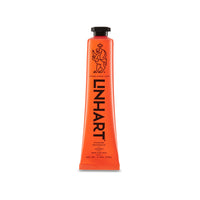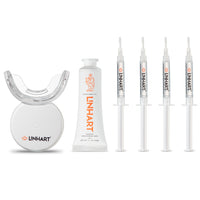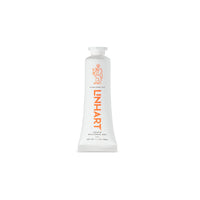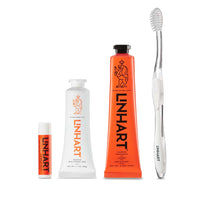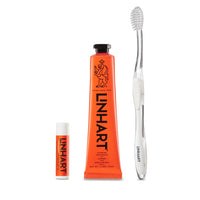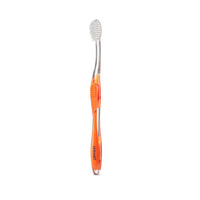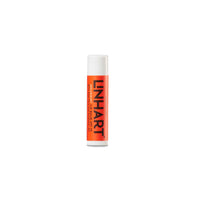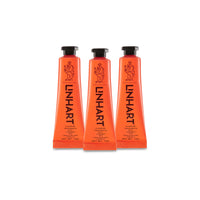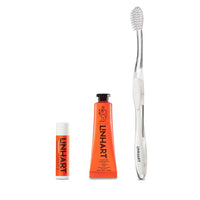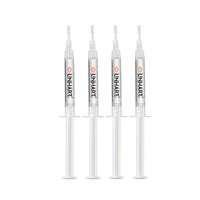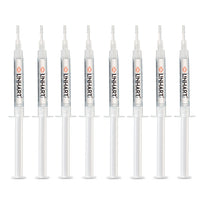Sparkling......Beverages
The “Big Game” is behind us. And, for the most part, the game was dull and viewership was down. To most of us, the best part is watching the commercials! Especially this year.
The commercials tell us a lot about the US consumer and what is “hot” in America. After all, at $5.25 Million per 30 seconds, a lot of market research goes into these ads.
This year, it was interesting to see that along with the many alcoholic beverages, perennial regulars Coke and Pepsi, 2 other “sparkling” drinks entered the market; One soft (Bubly) and one hard (Bon And Viv Spiked Seltzer). People think that “SPARKLING” is healthy. In fact, Bubly’s tag line says “JUST SMILES”.

And with dozens of new and hip sparkling drinks on the market, more and more of us are turning to them instead of good old tap water.
And, everyone it seems is anti sugar (and corn syrup). While that’s a good thing for our nationwide obesity epidemic, it doesn’t deal with another common phenomenon, TOOTH EROSION!
The problem is that we’re seeing an increasing amount of tooth sensitivity and “erosion”. Erosion is where the tooth is actually melting away, much like the Wicked Witch of The West in the Wizard of Oz, when water is spilled on her, teeth melt away when exposed to acid.
Sparkling anything means carbonation.
And, carbonation means carbonic acid. And acid, well, as you can imaging, dissolves teeth. It dissolves the enamel and the softer dentin and root surfaces. The result is weaker and more sensitive teeth.
The average pH (the measure of acidity, with 7 being neutral, >7 being basic, and <7 being acidic) of carbonated drinks is 2.5-2.8, only slightly less acidic than battery acid!

Tooth enamel starts to dissolve at pH 5.5, you do the math! Dentin and root surfaces will start melting away at just pH 6.5.
And, when you add SUGAR to the acid, guess what also happens quicker? CAVITIES!
And, when you’re taking medications that dries out your mouth, guess what happens even faster? MORE CAVITIES!
And if you think its just carbonated drinks, think again. Here’s a list of some foods and their pH.
Beer 4.0-5.0
Black Tea 4.2
Cranberry Juice: 2.5
Cranberry Sauce 2.3
Coffee 2.4-3.3
Fermented Veggies 3.9-5.1
Orange Juice 3.7
Ketchup 3.7
Pickles 2.5-3.0
Carbonated Drinks 2.5-2.8
Tomatoes 3.7-4.7
Sodas, like Coke and Pepsi are pH 2.4. And, the diet versions are NO BETTER!
These are EXTERNAL sources of acid too. If you have indigestion, pregnancy nausea or GERD (acid reflux) your stomach acid (pH 1.5-3.5) might be adding to the problem.
What are you to do???
- Minimize exposure: try NOT to sip your acidic beverage over a long time. The sooner it’s gone, the better.
- Eat Fibrous foods. Foods that have fiber and require a lot of chewing stimulate more saliva, which neutralizes (buffers) the acids. Saliva is BASIC.
- After eating anything acidic, rinse your mouth with water. Don’t swish anything bubbly around! Tap water in NYC and the area has fluoride, which helps strengthen Enamel.
- Don’t brush within 30 minutes of eating anything acidic (almost anything). That just allows the bristles to work the acid into the tooth material faster, accelerating the erosion. Also, NEVER SCRUB with a toothbrush, your teeth are NOT the dishes!
- Drinking acidic beverages through a straw helps protect teeth a bit, but not back teeth.
- Chew sugarless gum with either Xylitol or Erithritol. These natural alcohol sugars are safer and actually change the bacteria makeup of the mouth. Chewing, as I mentioned above, stimulates saliva, your body’s natural defense system. Please check with us to see if chewing gum could harm your joint (TMJ) or your dental restorations.
- Fluoride helps make the teeth (especially the roots) more resistant to acids. Please ask your hygienist which form of fluoride is most appropriate for YOU.
- LINHART toothpaste has Xylitol, and Fluoride, to help keep enamel strong. Also, Theobromine, an extract of chocolate, is included to strengthen enamel.
We try to customize our dental recommendations based on your specific risks. Along with educating you, it’s how we can best help you prevent problems.


